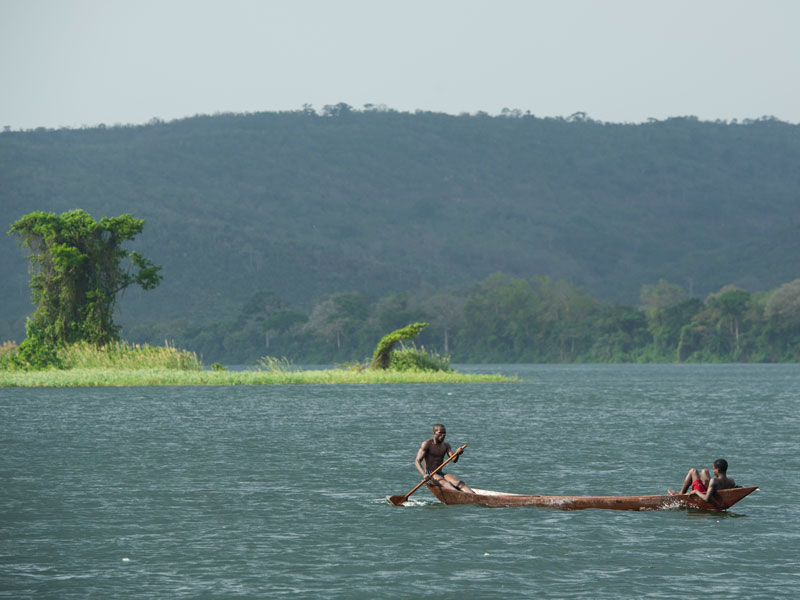Ghana selects thermal power plants to be privatised in sale
The sale of Ghana’s thermal power assets will increase production efficiency and reduce government debt

The Volta River, Ghana. Volta River Authority is the main generator and supplier of electricity in the country. Two of its thermal power plants are set to be privatised as part of plans to cut government debt
In an interview published on April 4, James Demitrus, Head of Energy Monitoring at Ghana’s Ministry of Energy, said the country had identified the state-owned power plants that will be partly sold in an anticipated sale of the country’s thermal energy assets. The sale is intended to alleviate the heavily indebted energy sector.
The sale is intended to alleviate the heavily indebted energy sector
The facilities being sold include two plants owned by Volta River Authority, the main supplier of energy in the country, in the cities of Kpone and Tema, as well as another power station in Tema owned by the state pension fund. Together, the three plants are capable of producing 500MW of energy – roughly one third of the country’s thermal power capacity and enough to power around half a million households.
The government began planning the sale last year and has attracted numerous potential buyers, but has only now selected the plants it will offer to private entities. At the end of 2017, Ghana enlisted PwC and Fieldstone Private Capital Group to take point on managing the transaction.
Once completed, the deals should have the double effect of wiping out the $2.25bn debt accrued by state energy companies over the years and producing thermal power more efficiently. Currently, thermal facilities belonging to Volta River Authority are only operating at 50 to 65 percent capacity.
Financial losses and debt in Ghana’s energy sector have caused regional suppliers such as Nigeria to reduce the volume of gas it supplies to the West African country by just over half. Ghana has not been able to replicate its high hydroelectric productivity in the thermal sector.
Ghana is one of the world’s fastest-growing economies, certainly the fastest in Africa, with a projected growth of between 8.3 and 8.9 percent for 2018. Growth in recent years, while explosive, has been blunted by power cuts due to inefficient energy production.













